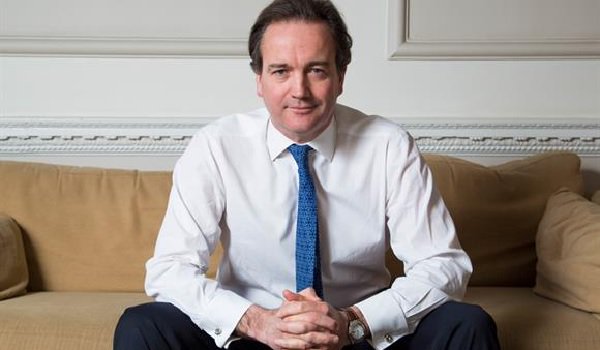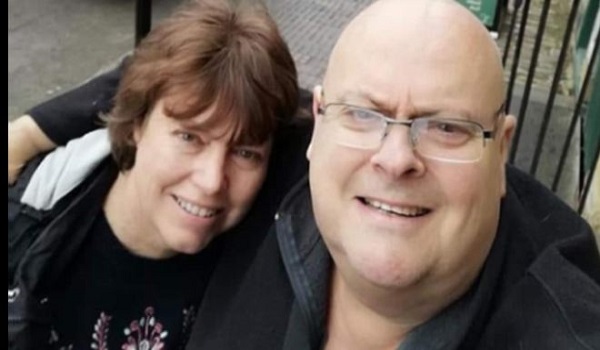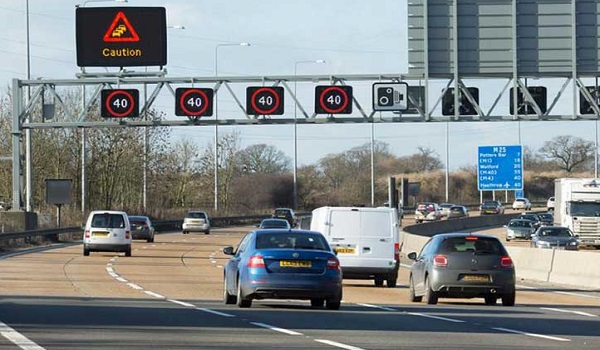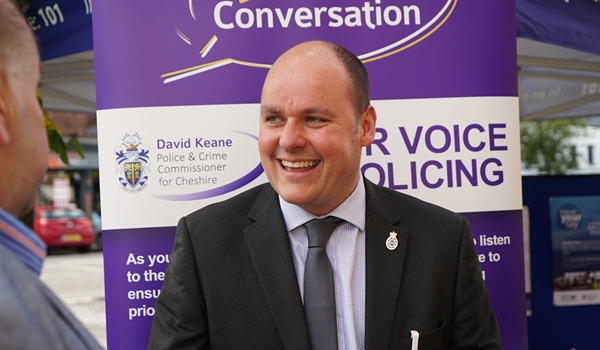Three-year goal set for step change in welfare and wellbeing support
A target has been set for ensuring that every officer and member of police staff feels their force is looking after their mental and physical wellbeing.
The Home Office has given itself until 2021 to introduce a step change in police culture that will allow policing’s workforce to feel its welfare and wellbeing are being properly supported.
The deadline, laid out in the Government’s ‘A common goal for police wellbeing’ strategy, encourages a focus on preventing mental health issues, early intervention and embedding resilience in officers.
It follows research that showed four in five police officers have suffered from mental health issues in the last year.
Policing and Fire Minister Nick Hurd said: “We have heard the message that police welfare support must improve. Officers put themselves in harm’s way to protect the public, so it’s vital the government and chief officers have their back.
“This goal represents a real step towards police leaders ensuring every member of their force feels valued and supported, but it won’t solve the issue by itself – action must follow.”
Findings from the Police Federation of England and Wales’ (PFEW) demand, capacity and welfare survey show 80 per cent of officers claim to suffer from stress, low mood and issues with anxiety.
More than nine in ten of these officers believe their poor psychological state had been caused or made worse by their experiences at work.
The new goal for wellbeing, announced on Tuesday (July 3), grew out of a roundtable event chaired by Mr Hurd in January that received input from police leaders and health experts from around the country.
It states that by 2021, “every member of the police service will feel confident that their welfare and wellbeing is actively supported by their force”.
By signing up to the pledge, chief officers will promise to develop a culture in forces that helps officers and staff with wellbeing issues as soon as possible.
It will also commit them to helping personnel access appropriate support when they need it, and offering assistance including occupational health and effective line management.
This will include signposts to support organisations such as charities that can help officers and staff who are facing more specific challenges.
Former Home Secretary Amber Rudd awarded £7.5 million to the College of Policing last July to pilot and fund a dedicated national welfare service, including a mapping project to clarify the picture of police wellbeing across England and Wales.
Another £7 million was given to mental health charity Mind to support its Blue Light Wellbeing Programme, which provides mental health care to members of the emergency services.
Chief Constable Andy Rhodes, wellbeing and engagement lead for the National Police Chiefs Council, claimed the target will definitely be achievable and has personally played a role in bringing the deadline forward.
The goal was also welcomed by Che Donald, vice-chair of the Police Federation of England and Wales (PFEW), as a “positive step forward to improving the welfare support available to officers up and down the country”.
He added: “The timescales for officers to see and feel this support on the ground will be key to convincing them that the chiefs mean action.
“Resilience in the police service is at an all-time low – with unprecedented cuts and officers being asked to do more with fewer resources – it’s no surprise that this is having an overwhelming negative impact on their health and wellbeing.”







